It’s the British Nutrition Foundation‘s Healthy Eating Week (13-17 June), which aims to give everyone the chance to focus on a healthier and more sustainable diet. So, it was with this in mind that our marketing manager, Alex, recently caught up with Jenny, who works as a logistics assistant at our Bristol HQ, for a chat about her ‘other life’.
In fact, Jenny is a highly successful MMA fighter. So, here, Jenny explains why she took up this full contact combat sport, how she tackles a strict healthy eating regime and what it takes to prepare for every fight:
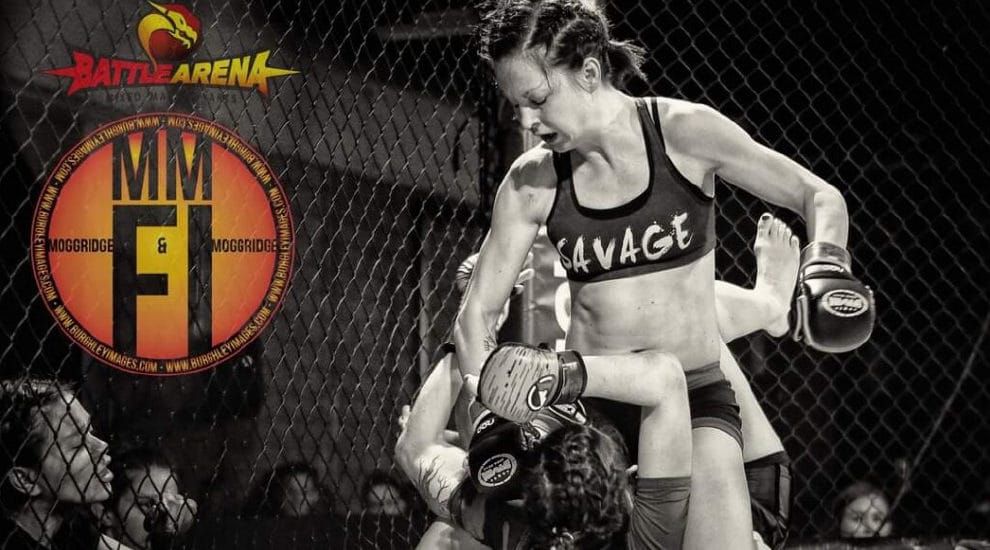

Tell us how you became interested in MMA fighting?
I have always been interested in adventurous sports. Coming from a navy family (my parents met whilst serving), I basically grew up in the sea. My father initially taught me to sail when I was aged six. Then, one year later, after he died, I continued to spend every weekend racing in the Bristol channel. This was up until the age of around 20 when university got in the way. So, when a new martial arts class started at school, where I was studying A-levels, I thought I’d try it. It was traditional Zankido Ryu Ju-jitsu and I loved it. After this, I took a break for a few years to finish university and start a family.
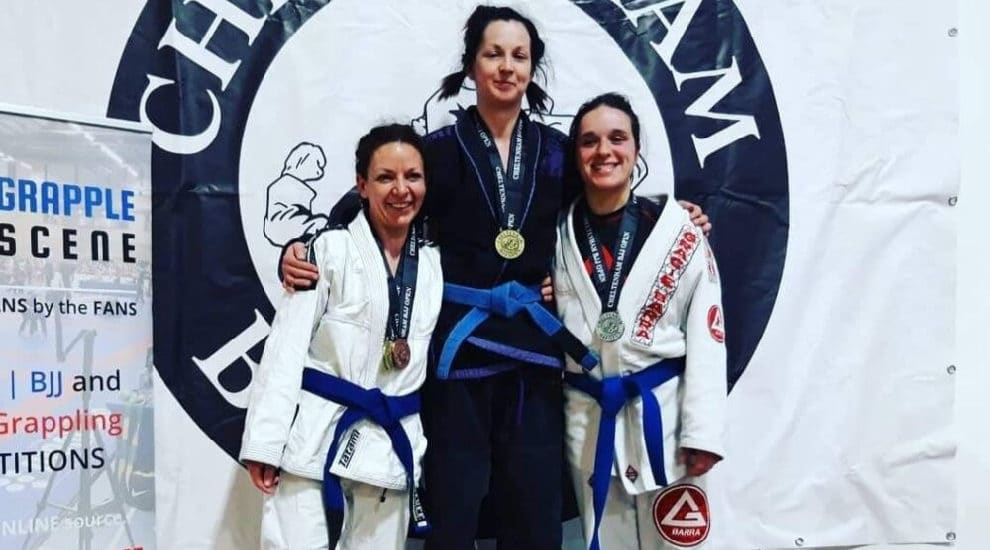
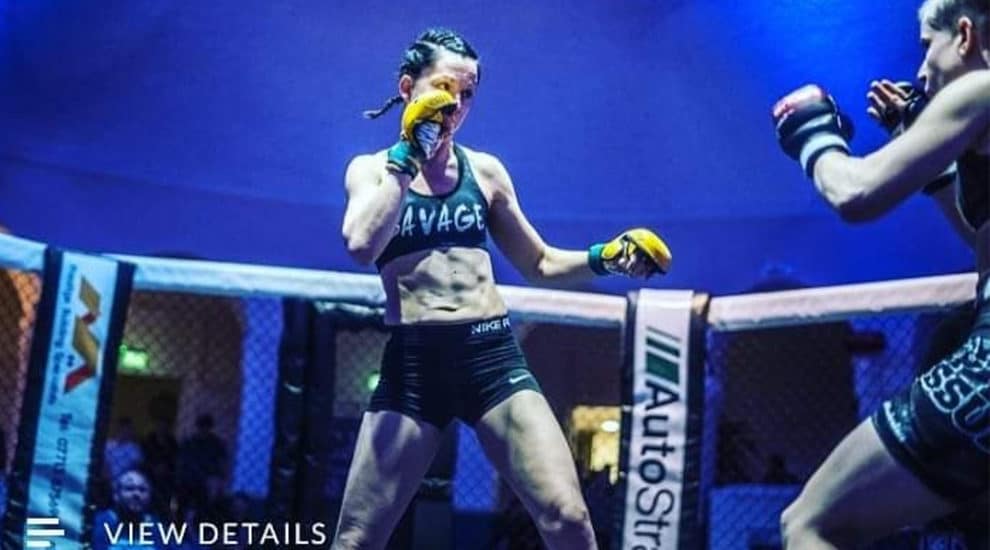
Then, following my mum’s death, I left a controlling relationship and I wanted to find myself again. So, I re-joined Zankido. After a while however, I found I wanted to push myself more. There just weren’t any competitions in that martial arts-style, only different belt gradings. So, I started Brazilian Ju-jitsu and entered local grappling competitions. This is when I discovered I was actually quite good at this sport, winning several golds
I heard an old school friend of mine had his own MMA gym, so I thought I’d try a class. Again, I wanted to push myself further to see what I could achieve and, following this, I became hooked on MMA fighting. A few years ago, I moved on to Lion’s Den (@ldfighters) and, under the very experienced and watchful eye of coach Dave Matthews, I started my professional career. I have been training in martial arts for 20 years now and MMA for the last ten years.
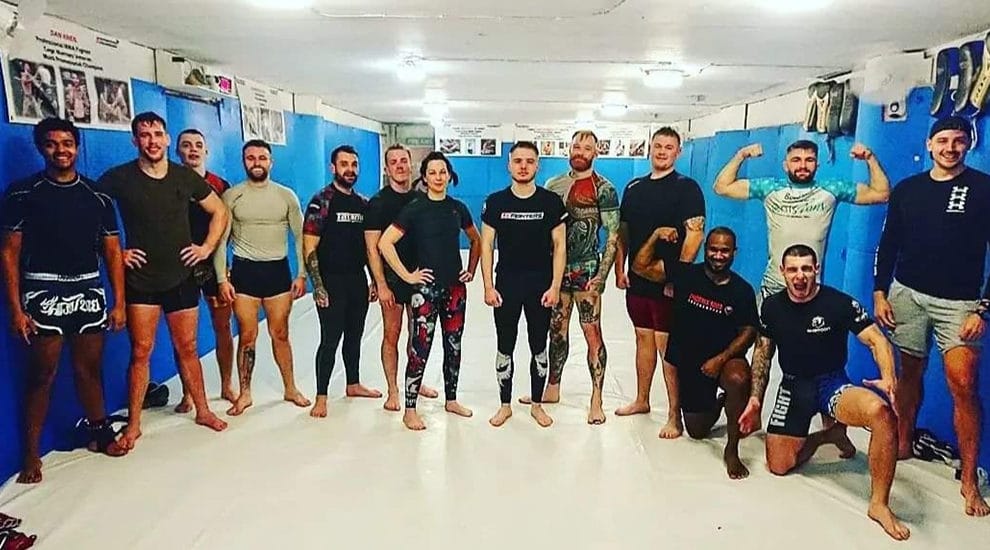
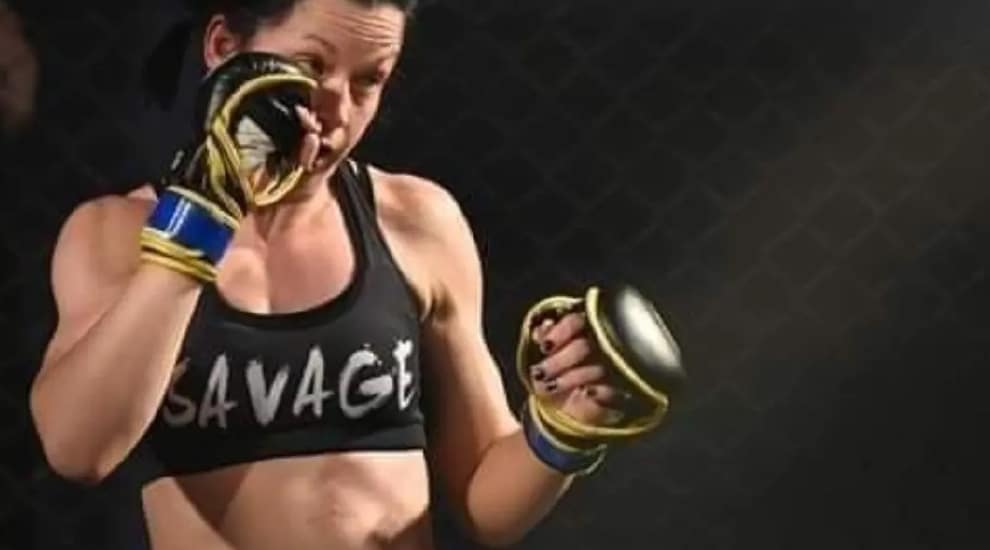
Why are meeting energy demand and maintaining body mass and fat at optimum levels important?
MMA is renowned as an explosive sport. At pro level, with five-minute cage fighting rounds, you must also have a certain amount of endurance. You need to ensure you have enough energy to go the distance with all the explosiveness. In this sport, if you have a bigger body mass and more strength than your opposition, it’s advantageous. This is because you can hold your opponent down in positions more easily and can submit or inflict damage as necessary. However, you want to be as lean as possible, so you can be super-athletic, quick and explosive. You need as much lean muscle mass you can possibly achieve, while fitting into your chosen weight category.
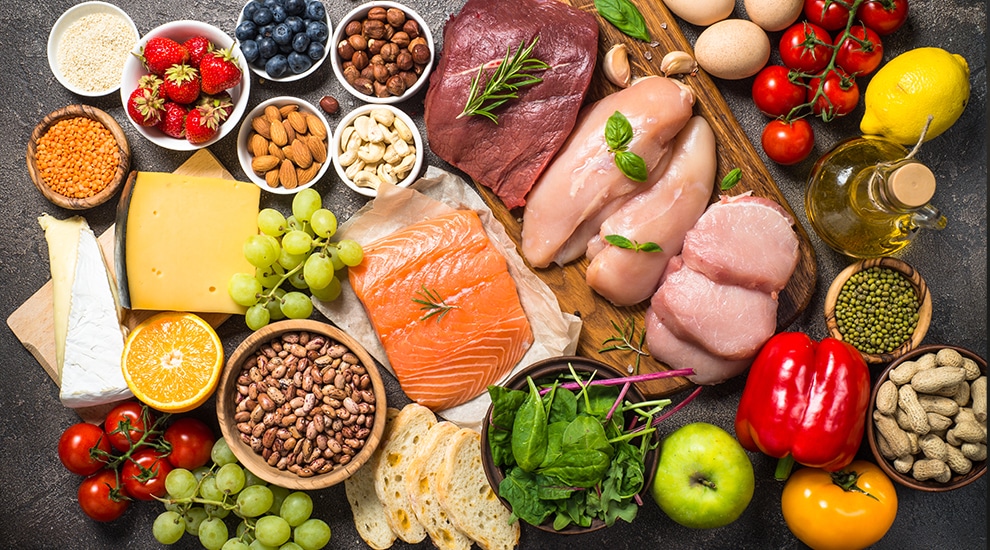
I need to ensure I hit my daily macro (macronutrient) needs, especially with regards to protein and carbohydrate intake. The rest consists of healthy fats, vitamins and minerals. In fact, I track everything I eat and try to hit 40% carbohydrates and around 40% protein within my daily calorie intake. In terms of my weekly training schedule, I cover MMA (drilling, techniques and sparring) over three days. I also hit the gym for strength and conditioning on three more, leaving one day for rest and recovery. Therefore, it’s vital I get the right nutrition into my body to recover fully for each session.
I weigh 64kg naturally and I cut down to 57kg for fights. When I’m intentionally dropping my weight, I try to get all the nutrition I can from the calories I’m ingesting. I have actually fought in four different weight categories (ranging from 52kg to 66kg) to get fights, as there aren’t many female fighters in this sport. Flyweight (52 to 57kg class in combat sports) is currently my healthiest and most competitive weight.
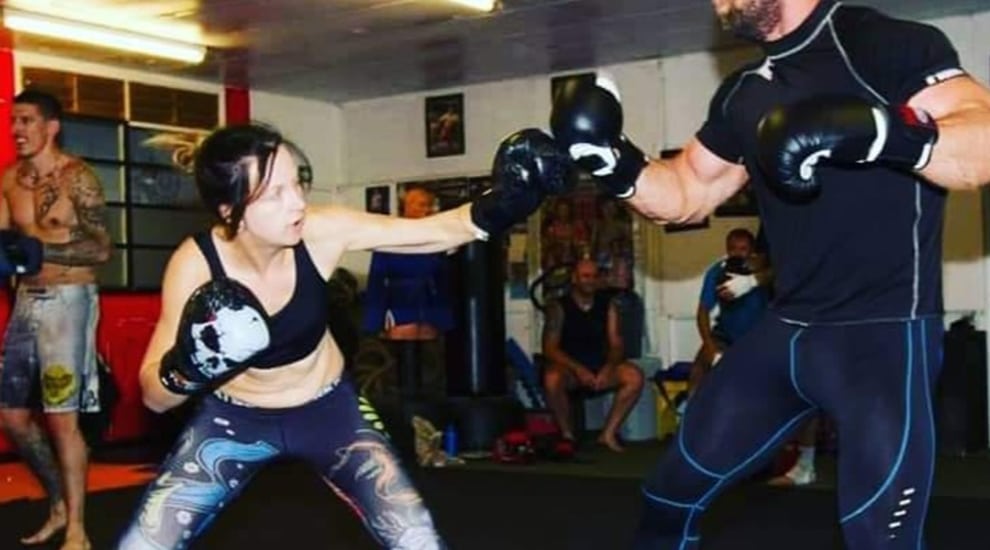
What are the general principles for MMA nutrition?
This depends on which stage of fight camp I am in and it will vary from week to week. I weigh myself every day and continually assess where I am. This includes looking closely at how much weight I need to lose or maintain and whether I’m trying to gain more muscle mass etc. I tend to follow my own personal schedule:
8 – 10 weeks or more out from a fight:
Bit of muscle mass gain
Up the calorie intake slightly
Increase protein intake especially
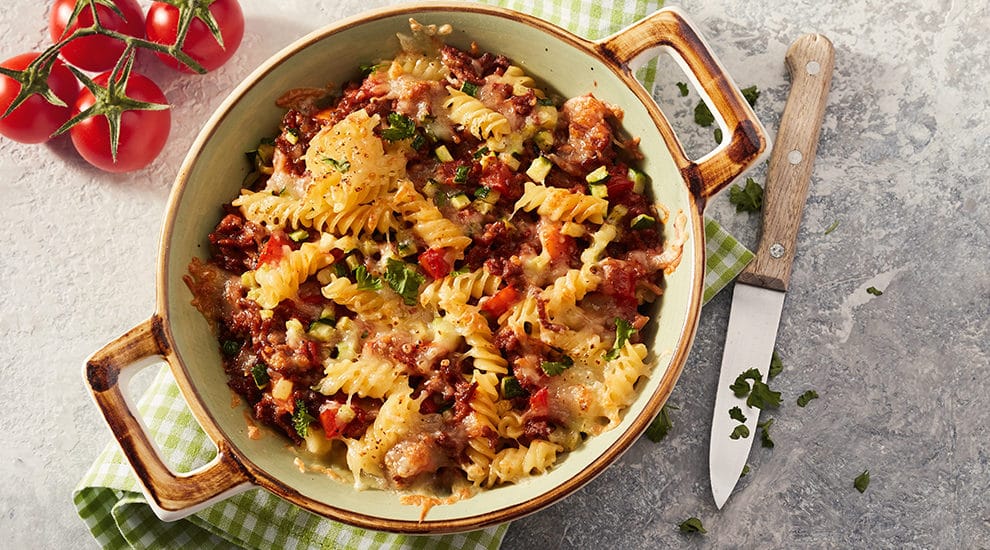
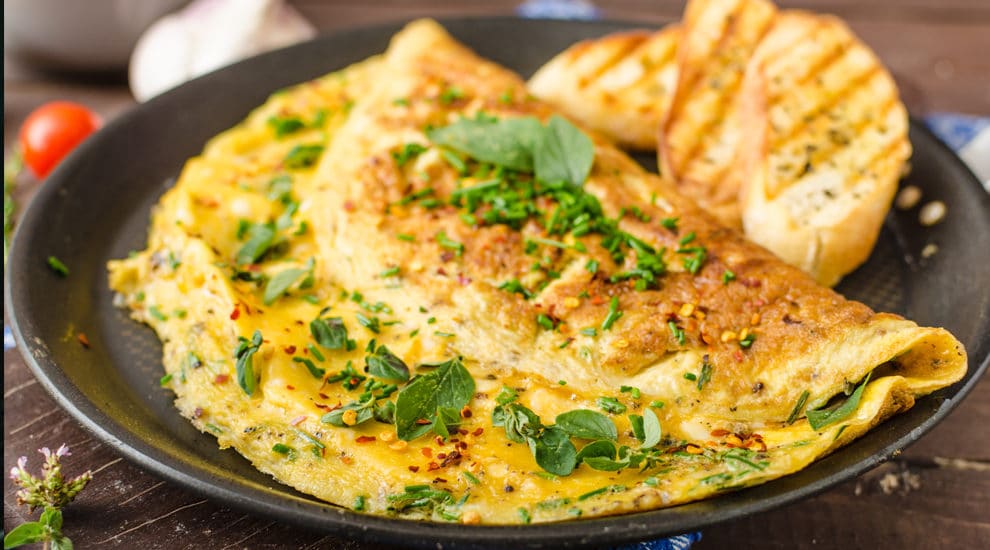
6 – 8 weeks out from a fight:
Cut all alcohol intake
Lower calories slightly – a calorific deficit
Keep carbohydrates at 40% and proteins at around 40% of my daily diet
(I usually eat plenty of salads, omelettes, homemade healthier protein pizzas and protein pancakes. No foods are avoided, as such, but the key is that it all needs to be healthy eating and, therefore, correctly balanced)
2 weeks out from a fight:
Start water loading
Maybe cut calories slightly depending on how weight is looking
Keep macros the same
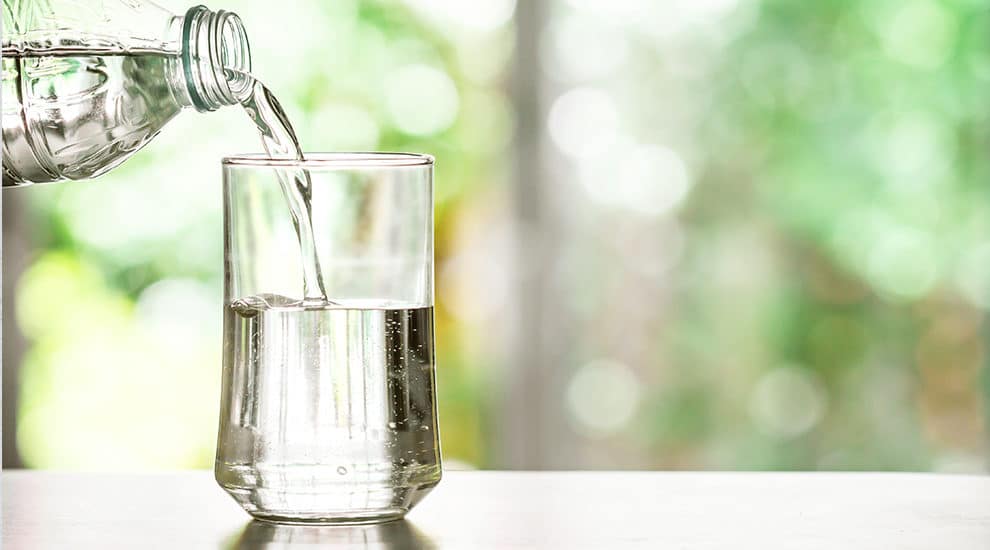

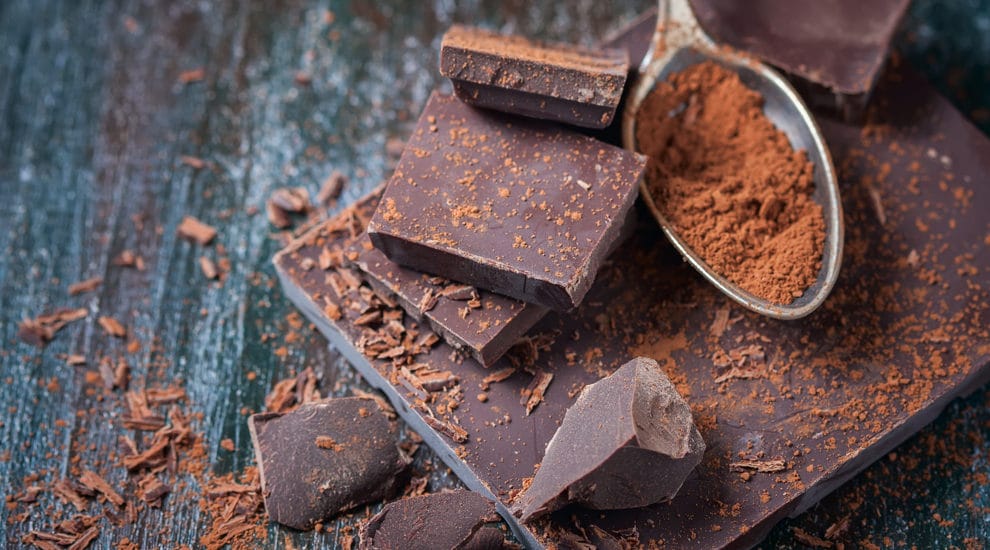
Fight week:
Reduce water intake day by day to my weigh-in (day before fight)
Consume foods for healthy eating that are not stodgy or hold a lot of water, ie. breads, pasta and leafy veg etc. I also add lighter foods to my diet energy levels at a good level, such as healthy fats, dried berries, peanut butter, nuts and dark chocolate, while keeping protein levels up at around 40%
Carbohydrate levels can drop a bit here if necessary, as training sessions begin to wind down in intensity to avoid injuries and burn out before fight day
Day before weigh in:
Reduce water intake right down to start dehydrating
Lower food intake to only a few light things – depending on how weight is looking
Start saunas/sweat suits/hot baths etc to sweat out all remaining liquid


Weigh in day:
No food or water ingested before weighing in
After I weigh in, there’s no more calorie tracking. I start rehydrating and refuel with water and isotonic drinks, and usually something with more carbohydrates, such as pasta bakes, baked potatoes etc. Generally, I listen to my body as it always tells me what I need. I also don’t overeat, so I stay sharp and I’m not weighed down by too much stodge
Fight day:
This is all about foods that are light but will give energy longevity – for example, porridge, flapjacks, bananas, banana bread, and usually a few sweets just before the fight. During the week afterwards, what I eat and drink will impact my rest and recovery. So, I listen to my body and have what I feel like. I think it is very important, both physically and mentally, to give yourself a break in this period. This way, you can avoid creating bad relationships with food and mental burnout
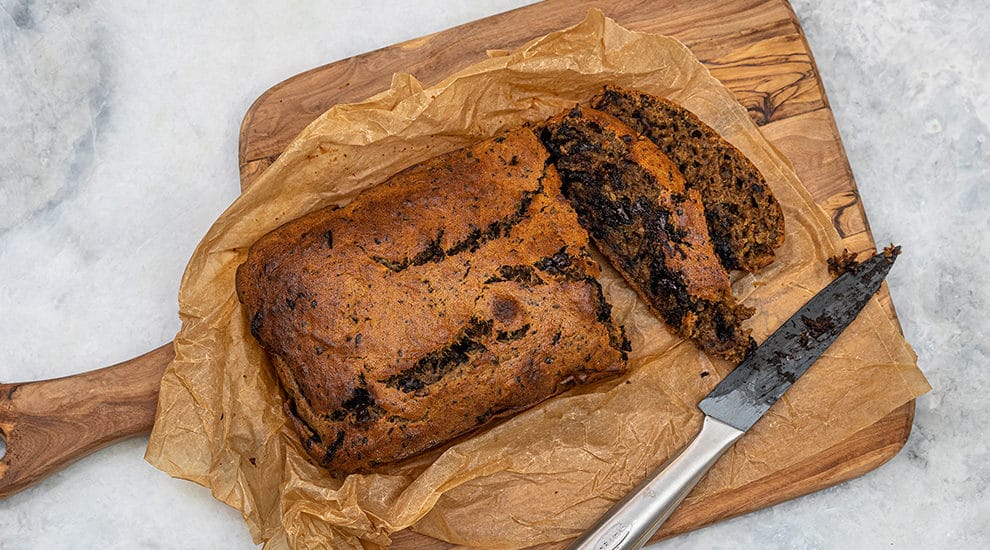
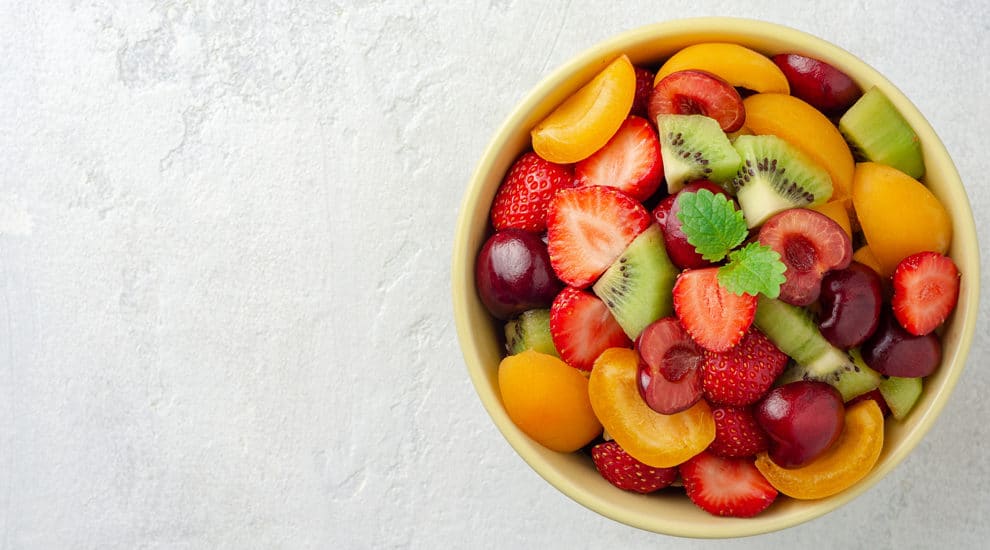
Which types of foods are important?
Carbohydrates are vital as they are needed to sustain high energy levels over a long period. Proteins, meanwhile, are essential to recover from the abuse the body is put through in each session. Fats are important for maintaining energy levels, helping to absorb certain vitamins and assisting cell function (also aiding recovery). Also, fruit and vegetables are necessary to ensure vitamins and minerals keep to optimum levels. They are also very useful in helping you to keep satiated when cutting calories as they are very low-calorie based but voluminous, too.
Do you cook from scratch?
I am gluten-intolerant so I always cook from scratch anyway, even when not in a fight camp. But yes, it’s essential to know exactly what you are consuming as an MMA fighter for healthy eating. I weigh and track everything I consume on the ‘My fitness Pal’ app so I can ensure I am hitting my macro targets while staying within my daily calorific intake. Also, if you make everything from scratch you can always make a ‘healthier/lower calorie’ version of basically anything. This way, you don’t need to necessarily cut out your favourite foods. This helps immensely when I’m sticking to lower calorie days.
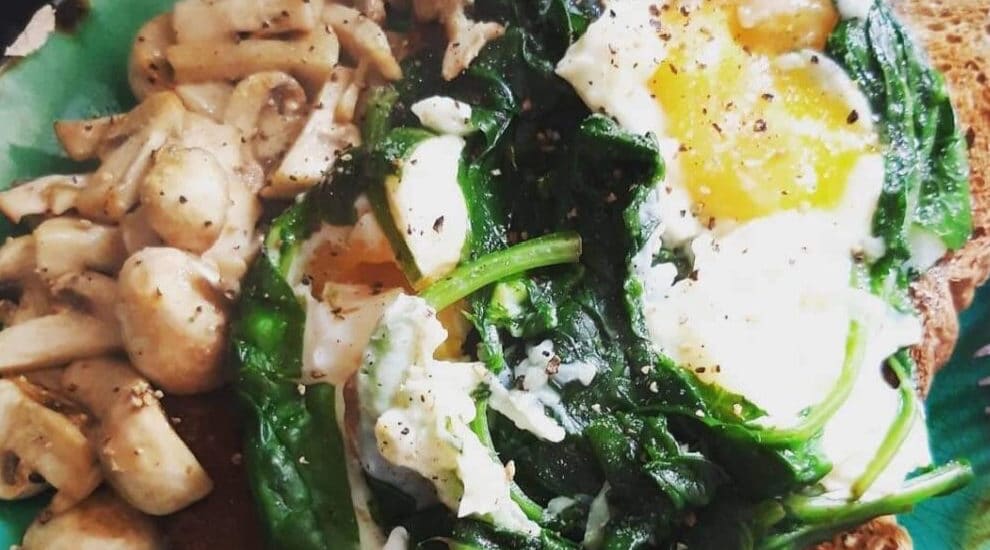
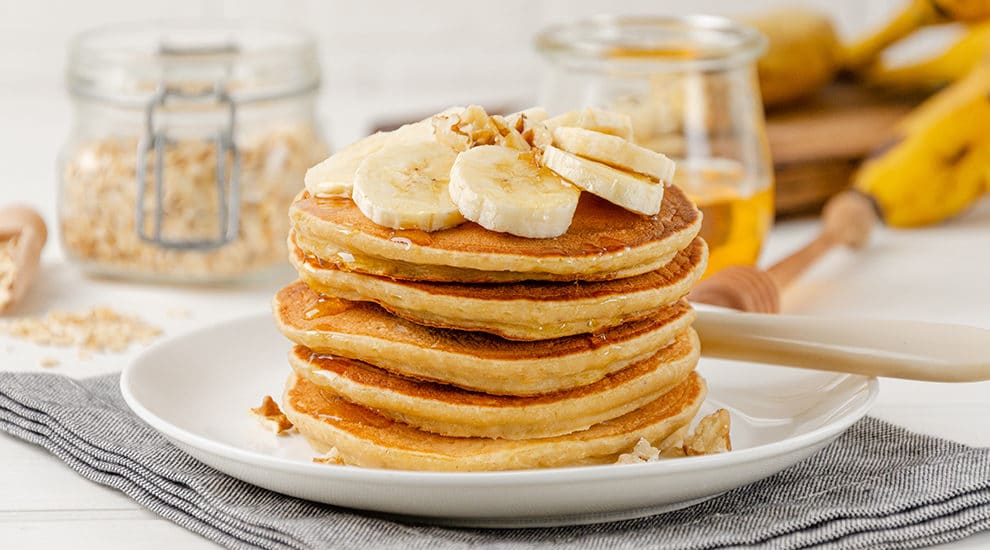
Do you take any supplements? If so, which ones and why?
I use protein powder; I not only drink it, but I use it to make protein pancakes. I also mix it into yoghurt and add nuts, raisins and chocolate when I’m craving something sweet. In fact, I find it hard sometimes to fit enough protein in, when I’m on a restricted calorific diet. This also helps when craving a sweet treat that my calorie intake will not allow. I also take multi-vitamins and iron and omega 3 + 6, to ensure I’m satisfying all my body’s basic needs. I rarely eat much red meat, as it is too calorific, so iron is especially important.
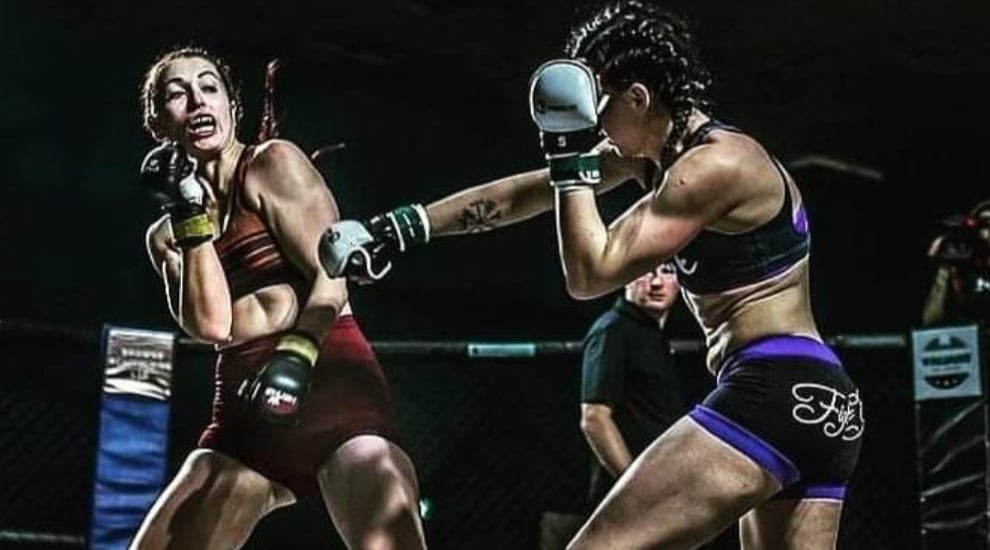
Would you recommend this diet to anyone?
I’m not a nutritionist and I believe everyone’s needs and bodies are different. But, after nine amateur and two professional fights, and numerous grapple competitions over the years, I have never missed weight. In fact, after a lot of trial and error, I think I’ve now found what works for me to perform at my best on the day. I am now two weeks from my next fight and at the best shape in my life so far. I’m bang on the weight I need to be right now; I’m feeling strong and ready to go.
If you are someone who needs explosive power for sustained periods and has to meet a certain weight class, then I would definitely try it. But I would also recommend listening to your body, tracking everything and seeing how it goes. You can then tailor things according to your own specific needs.

What are your general recovery tips after a match or training session?
Lots of protein, carbs and rest. Try to eat intuitively; if your body needs something, it will let you know.
Is this a good diet for any athlete?
Not generally; all athletes need to perform differently. Britain’s strongest man, for example, doesn’t need to be light on his feet and quick and nimble as strength is more important to him. So, he would need a lot more protein in his diet. Similarly, marathon runners need more slow-twitch muscle and stamina-based performance, so they would need a lot more carbohydrates in their diet.
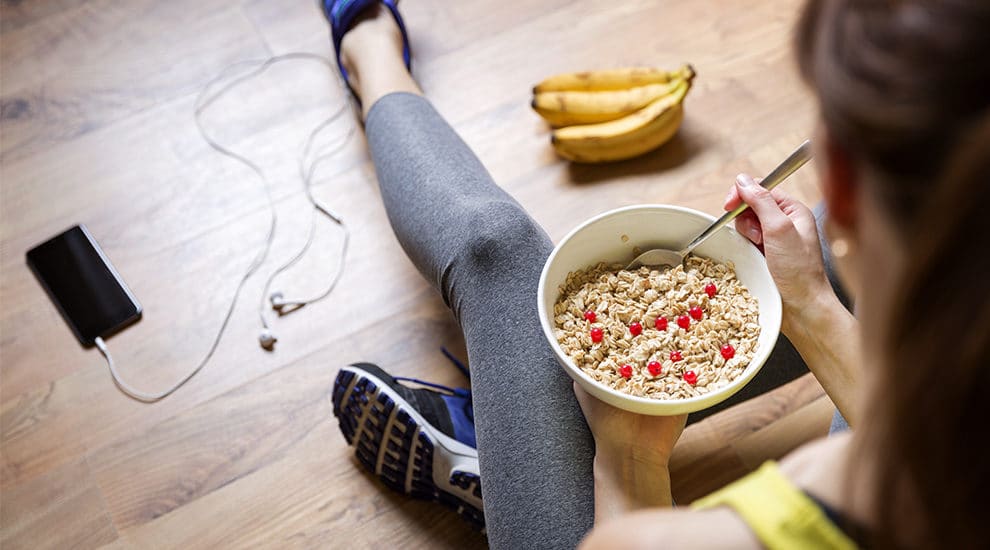
Would you like to meet more of our Caple family? Click below to find out more.